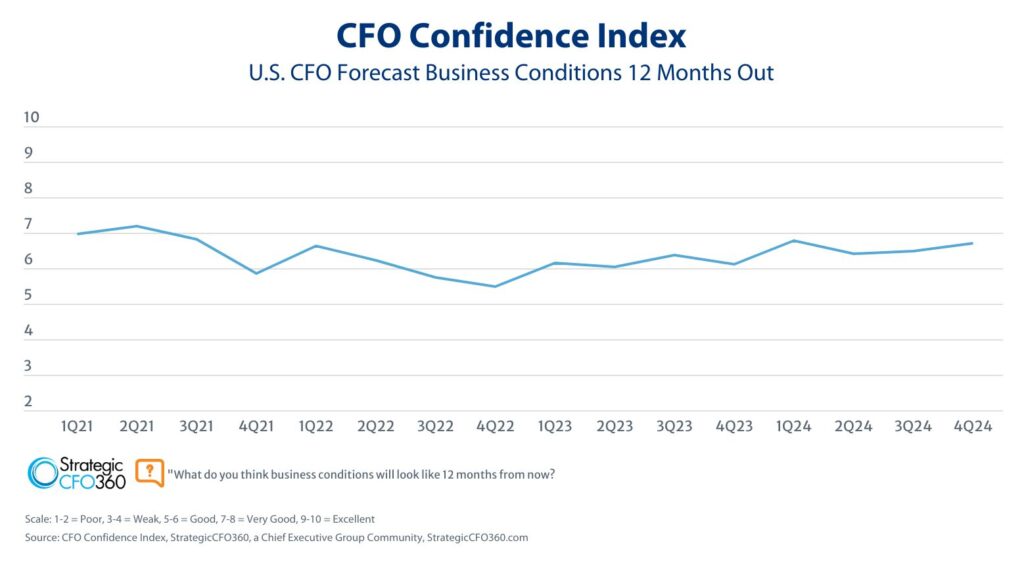This article has been excerpted from AI Mastery for Finance Professionals, the new book by Glenn Hopper, published by Leaders Press. Copyright © 2024. Hopper will be a keynote speaker on October 30 at the Finance & Accounting Technology Expo in New York.
OpenAI, a leading research organization and technology company dedicated to developing artificial intelligence, outlined five steps to Artificial Super Intelligence that serve as a pretty good representation of where the industry aspires to go.
OpenAI, founded in December 2015, is focused on ensuring that artificial general intelligence benefits all of humanity. Known for groundbreaking technologies like ChatGPT and DALL-E, OpenAI aims to advance AI while prioritizing safety and ethical considerations.
Originally a non-profit, OpenAI transitioned to a capped-profit model in 2019 to attract larger investments, including around $13 billion from Microsoft as of 2024. The company actively participates in discussions about AI’s societal impact, focusing on the responsible use of its technologies and addressing related challenges.
OpenAI’s five-stage framework to map the progress of AI systems toward achieving Artificial General Intelligence are designed to provide a structured pathway and milestones as AI technology advances. (See table below.)
OpenAI and other leading foundation models are currently focused on transitioning from Level 1 to Level 2, with significant progress expected as they enhance the reasoning capabilities of their AI models. The successful development of AI systems along the path outlined by OpenAI’s framework could have profound implications for society.
The Rise of Agentic AI: How Autonomous AI Systems Will Transform Human-AI Interaction
The next frontier in artificial intelligence is the development of agentic AI—autonomous systems that can set and pursue goals without direct, ongoing human intervention. This shift from narrow, task-specific AI to more flexible, agentic systems will shift computer systems from tools that require constant inputs to machines that can execute tasks on our behalf in the digital and (through robotics) in the physical world.
Agentic AI refers to artificial intelligence systems that operate with a degree of autonomy, making decisions and taking actions without continuous human intervention. These AI systems are designed to achieve specific goals and can adapt to dynamic environments by learning from their experiences. Unlike traditional AI, which is limited by its ability to reason and plan, agentic AI behaves more like an independent “agent” capable of responding to real-time changes in its environment.
A key feature of agentic AI is its goal-oriented behavior. Self-driving cars are a form of agentic AI: they navigate roads, make decisions, and adjust to changing traffic conditions without input from human drivers. In finance, agentic AI might manage investment portfolios by autonomously making buy or sell decisions based on market conditions and set strategies.
Current Limitations
Today’s AI systems, while impressive in their language abilities and specialized domains, are still fundamentally passive tools. Chatbots like OpenAI’s ChatGPT and Anthropic’s Claude can engage in human-like conversation and assist with a variety of tasks, but they operate on a request-response basis, providing outputs based on user prompts.
These systems lack the ability to proactively pursue goals, autonomously gather information or adapt their behaviors based on changing circumstances. They are limited by the information contained in their training data and can’t update their knowledge or skills in real-time.
| Level | Description | Impacts & Concerns |
| Level 1 Conversational AI/Chatbots | This stage represents the current state of AI, with language models like ChatGPT and Claude that can engage in human-like conversations and assist with a variety of tasks. | Concerns remain around the potential for inaccuracies or inconsistencies in responses or “hallucinations,” which could lead to misunderstandings or misinformation. |
| Level 2 Human-Level Problem Solving/Reasoners | Achieving human-level problem-solving across various domains is a significant milestone. It involves reducing AI hallucinations and improving accuracy, enabling AI systems to reliably handle complex problem-solving tasks. | This level could transform industries by automating complex decision-making processes. Concerns include the difficulty in matching human expertise in specific fields and the need for integrating AI with other techniques like knowledge representation. |
| Level 3 Agents | AI systems that can autonomously perform tasks and make decisions over extended periods represent a major step toward Artificial General Intelligence. | This capability could greatly increase automation of a huge spectrum of tasks, but raises critical challenges in ensuring that these autonomous agents operate safely, reliably and in alignment with human values, avoiding unintended consequences. |
| Level 4 Innovators | AI systems capable of generating original ideas and pushing the boundaries of current knowledge could drive significant advancements across various fields. | The potential for groundbreaking innovations is high, but it raises questions about the nature of creativity and whether AI-generated ideas can be truly considered original in the same way as human-generated ones. |
| Level 5 Organizations | AI systems managing entire organizations would represent a significant shift in how businesses and institutions operate. | This level could lead to unprecedented efficiency and capabilities in management. It also raises concerns about the concentration of power in AI systems, potential impacts on human employment and challenges in maintaining human autonomy. |
The Promise of Agentic AI
Agentic AI systems, in contrast, would be able to operate with greater autonomy and flexibility. They will be able to set and pursue long-term goals, seek out relevant information, and make decisions based on changing conditions. Rather than simply responding to user requests, agentic AI could proactively offer suggestions, anticipate needs, and even initiate tasks on its own.
Imagine a more powerful Alexa or Siri device that could manage a user’s schedule, proactively rescheduling appointments based on changing priorities or even real-time traffic conditions. In business, an agentic AI system could continuously monitor market trends, customer sentiment and competitor actions, adapting strategies in real-time.
Agentic AI could also enable more natural and fluid interactions with users. Rather than the back-and-forth of current chatbots, agentic systems could engage in more contextual, multi-turn dialogues, building and maintaining a coherent conversation over time. They could also learn and adapt to individual user preferences and communication styles.
Challenges and Implications
Ensuring the safety, reliability, and alignment of autonomous AI systems with human values will be paramount as AI systems gain more decision-making autonomy. Robust, “anti-fragile” mechanisms for transparency, accountability, and oversight will be a necessity.
There are also potential economic implications. Agentic AI could automate more cognitive tasks and decision-making roles, which could lead to significant productivity gains; but also raises questions about job displacement and the distribution of the benefits of AI.







